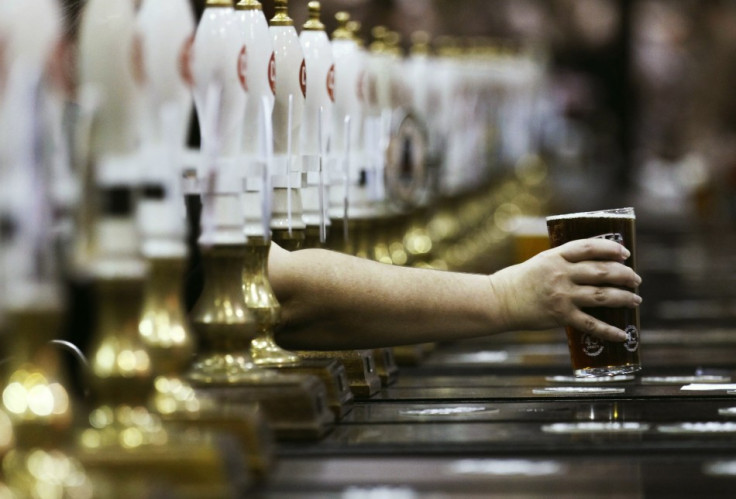All-day drinking did not cause feared rise in British alcohol abuse says think tank

Extended pub opening hours have not created a feared alcohol-induced crime wave, research by one of Britain's leading economic think tanks has revealed.
The Institute of Economic Affairs, which supports the principles of a free market, says that relaxed licensing laws introduced 10 years ago failed to spark a rise in hospital admissions - and those who opposed the legislation were in a "moral panic".
IEA says alcohol abuse or street crime have stayed pretty much at the same levels as 10 years ago.
The think tank, no fan of the Labour Party, believes relaxation of the rules was the best thing Tony Blair's government ever did.
Director of lifestyle economics at the Institute of Economic Affairs Christopher Snowdon, who wrote the report, said: "The hysteria about so-called 24-hour drinking ranks as one of the great moral panics of our time, but the evidence is now clear.
The doom-mongers were wrong. Far from bringing about the catastrophic repercussions that were forecast when it was introduced, the Licensing Act has coincided with a fall in binge-drinking and made little difference to the rate of crime and alcohol-related health problems
"The doom-mongers were wrong. Far from bringing about the catastrophic repercussions that were forecast when it was introduced, the Licensing Act has coincided with a fall in binge-drinking and made little difference to the rate of crime and alcohol-related health problems.
"The biggest consequence of relaxing licensing laws has been that the public are now better able to enjoy a drink at the time and location of their choice."
Figures show alcohol consumption per capita fell by 17% between 2005 and 2013, the biggest drop since the 1930s.
Meanwhile, the Police Federation, which represents rank-and-file officers, has called for the drink-driving limit in Britain to be lowered.The federation said the limit should drop from 80mg of alcohol in 100ml of blood to 50mg, while also warning of a need to address drink-driving by women.
© Copyright IBTimes 2024. All rights reserved.






